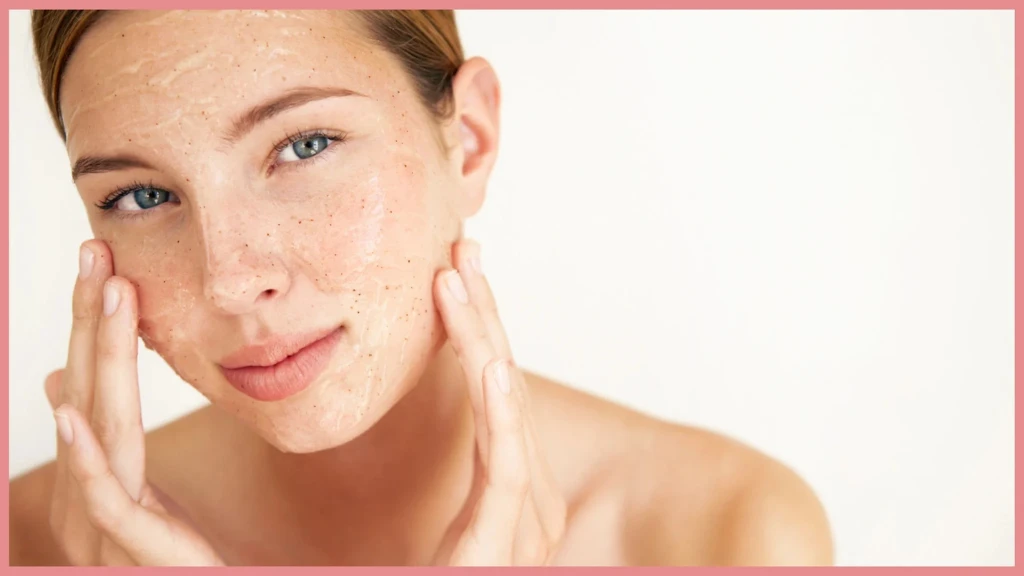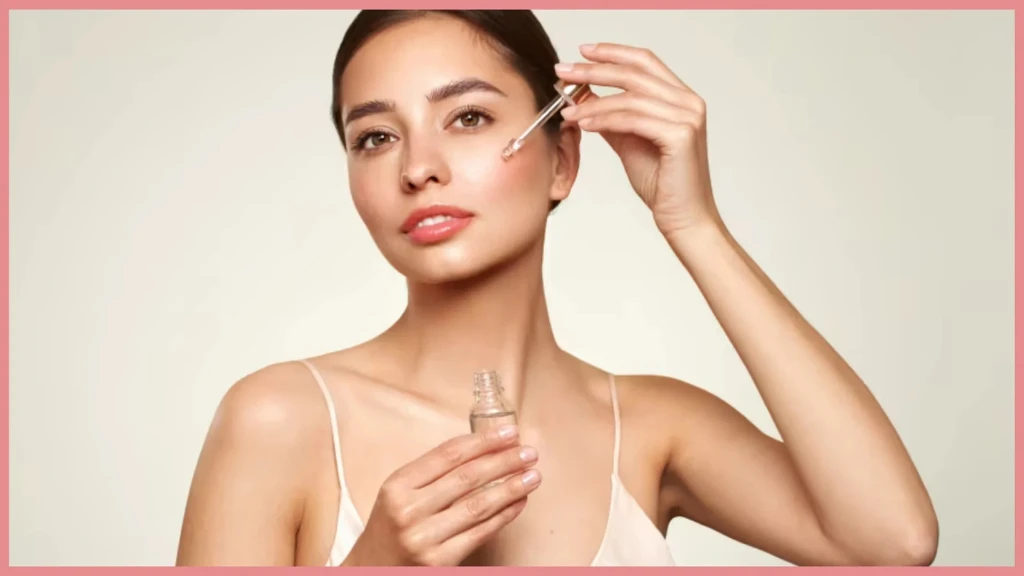Black Seed Oil for Skin: Complete Guide
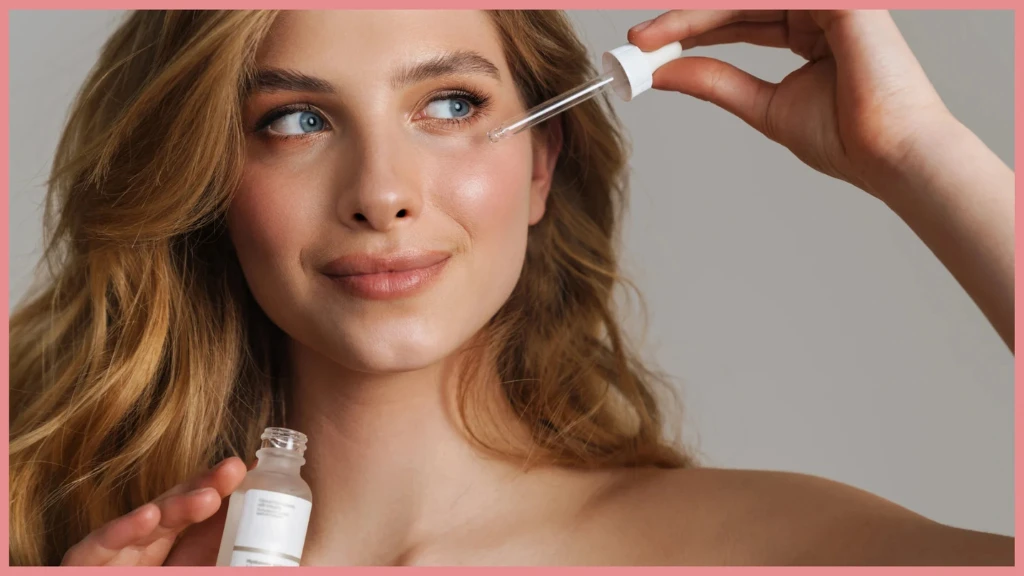
Ever feel like your skincare routine is missing that one magical ingredient? Well, let me tell you about an age-old remedy that's been trusted for centuries: black seed oil.
Legend has it that Cleopatra used black seed oil as part of her beauty regimen, and if it was good enough for her, it might just be the boost your skin needs. This powerful oil, derived from tiny black seeds, has been cherished across ancient cultures for its incredible skin benefits.
Whether you’re dealing with acne, dryness, or signs of aging, black seed oil has a little something for everyone.
How Black Seed Oil Transforms Your Skin
What is Black Seed Oil?
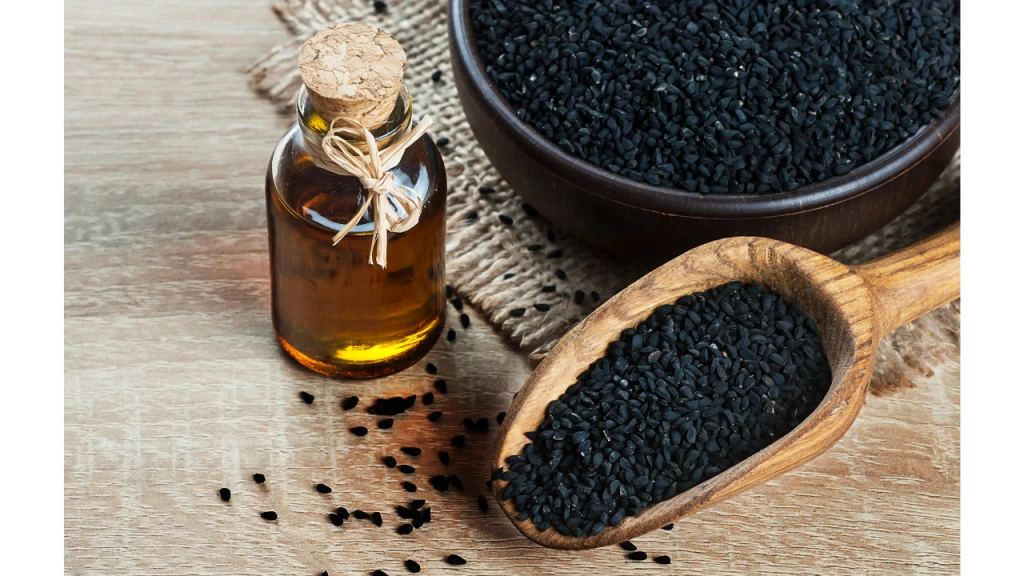
Black seed oil, extracted from the seeds of the Nigella sativa plant, has been a go-to remedy in Middle Eastern, Asian, and African traditions for centuries.
These little black seeds, often called black cumin, kalonji, or even black onion seeds, have found their way into both medicinal uses and religious texts.
But let’s clear up one common confusion—it’s not the same as caraway or regular cumin seeds.
This potent oil is loaded with skin-loving compounds, making it a must-have in your beauty cabinet. I'll explore as to what makes it so special.
The Powerhouse Ingredients
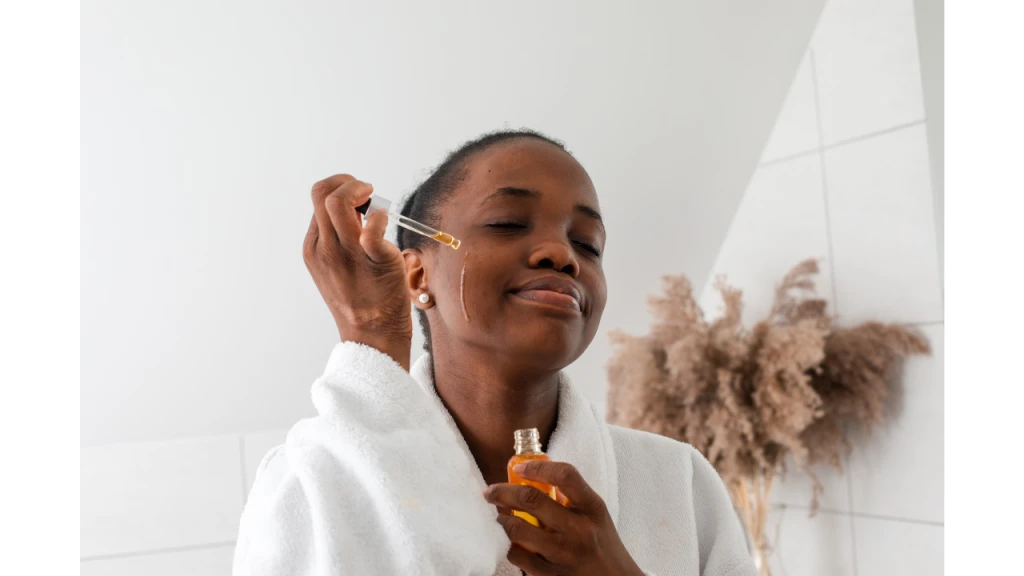
You’re probably wondering, what makes black seed oil such a wonder for skin? It’s all about the nutrients packed inside:
Thymoquinone (TQ):
This is the star of the show. Known for its antioxidant and anti-inflammatory properties, TQ helps calm skin inflammation and can even reduce redness and irritation. If you’re battling stubborn acne, TQ is your new best friend.
Essential Fatty Acids:
Black seed oil is packed with fatty acids like linoleic acid that do wonders for repairing your skin barrier. It helps lock in moisture, keeping your skin feeling soft, smooth, and well-hydrated.
Vitamins and Minerals:
You’ll also find vitamins A, B, and minerals like calcium and zinc. These nourish your skin from within, promoting a healthy glow.
Other Antioxidants:
Alongside TQ, there are other antioxidants in black seed oil that help protect your skin from environmental damage.
Skin-Related Benefits of Black Seed Oil
Whether your skin is dealing with breakouts, dryness, or just needs a little extra TLC, black seed oil can help. Here’s how:
Acne and Breakouts
Acne sufferers, this one’s for you. Black seed oil has antibacterial properties that can fight acne-causing bacteria like Propionibacterium acnes.
Its anti-inflammatory effects also reduce the redness and swelling associated with breakouts.
How to use: I like to Dab a tiny amount of diluted black seed oil on my pimples as a spot treatment or mix a few drops into my favorite clay mask. It’s gentle enough to calm inflammation without drying out your skin.
Eczema and Psoriasis
If you’re dealing with eczema or psoriasis, black seed oil could be a game-changer. Its soothing properties help calm irritated, itchy skin, while the fatty acids repair the skin barrier and lock in much-needed moisture.
Pro tip: I found that you can mix black seed oil with a heavier moisturizer for extra hydration. It's wonderful—especially during winter.
Anti-Aging
Who doesn’t want to slow down those signs of aging? Thanks to its antioxidants, black seed oil helps fight free radicals, which are one of the main culprits behind fine lines and wrinkles. It also boosts skin elasticity, giving your complexion a more youthful look.
Application idea: Massage a few drops into your skin before bed, or mix it with your night cream.
Wound Healing
Did you know black seed oil has been used for centuries to heal cuts and wounds? It promotes collagen production, speeding up the healing process while minimizing the chances of scarring.
Hydration
When my skin gets dry or flaky, I reach for black seed oil—it’s been a total lifesaver. I apply a few drops after cleansing, and it’s like giving my face a big drink of water. It not only hydrates deeply but also helps my skin hold onto moisture all day. If you’re struggling with dryness, it’s definitely worth a try.
Other Skin Benefits
- Vitiligo: Preliminary studies suggest that black seed oil may assist in re-pigmentation.
- Fungal Infections: Its antifungal properties can help with conditions like ringworm.
- Overall Skin Health: It can improve your skin’s texture, tone, and radiance over time.
How to Use Black Seed Oil: A Practical Guide
If you’re curious about adding black seed oil to your skincare lineup, it’s all about using it the right way. Here’s a simple guide to help you get started.
Step-by-Step Application
To avoid irritation, especially if you have sensitive skin, it’s best to dilute black seed oil with a carrier oil like coconut, jojoba, or rosehip oil. This helps to mellow out its potency while still reaping the benefits.
- Patch Test First: Always test on a small area of skin (like your inner arm) before applying it to your face.
- How to Use It:
- Add to Moisturizer: Mix a couple of drops into your favorite moisturizer for an antioxidant boost.
- Spot Treatment: Dab a little diluted black seed oil onto blemishes to reduce redness and swelling.
- DIY Face Masks: Combine it with ingredients like honey or yogurt for a soothing, hydrating face mask.
- Hair Care: Add a few drops to your shampoo or massage directly into your scalp to nourish dry, flaky skin.
Internal Consumption
You can also find black seed oil in capsule form if you’re looking to take it internally. Just make sure to talk to a healthcare professional first to confirm the right dosage and ensure it won’t interact with any medications you’re currently taking.
Black Seed Oil: Important Considerations
Before you dive into using black seed oil, there are a few precautions to consider to ensure it’s a safe addition to your skincare routine.
Potential Side Effects
I want to say that even though black seed oil is generally well-tolerated, it’s not without its risks. Some people may experience allergic reactions like rashes or itching, especially if used undiluted.
It's also known to increase sun sensitivity (phototoxicity), so I recommend that you be careful applying it before heading outdoors. And, avoid getting it near your eyes—it can be pretty irritating!
For those considering taking it orally, keep in mind that it might cause nausea, stomach discomfort, or even affect blood sugar levels. It’s also been linked to irregular menstrual cycles in some cases and may interact with medications like blood thinners.
Precautions
- Patch Test is a Must: Always do a small patch test on your inner wrist before using black seed oil on your face or other sensitive areas.
- Avoid on Broken Skin: Applying it to cuts or irritated skin can lead to discomfort or worsen the condition.
- Pregnancy and Breastfeeding: If you’re pregnant or nursing, it’s best to consult with your doctor before using black seed oil, just to be on the safe side.
- Consult a Doctor: Especially if you have underlying health conditions or are on medications, check in with a healthcare professional first to avoid any unwanted interactions.
Taking these precautions can help you make the most of black seed oil’s benefits while keeping your skin happy and healthy.
Conclusion
Black seed oil has been a well-kept beauty secret for centuries, and it’s no wonder why. From reducing acne and inflammation to giving your skin a healthy glow, it truly is a versatile addition to your skincare toolkit.
While more research is always welcomed, the anecdotal evidence is strong enough for me to recommend giving it a shot. Personally, I can attest to the fact that it works on black skin as well. But, as with any new product, listen to your skin and take it slow.
If you’ve tried black seed oil before or are curious to see its magic in action, I’d love to hear your thoughts. Drop a comment below, and let’s share our skincare experiences!


